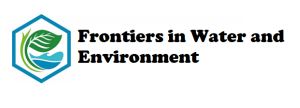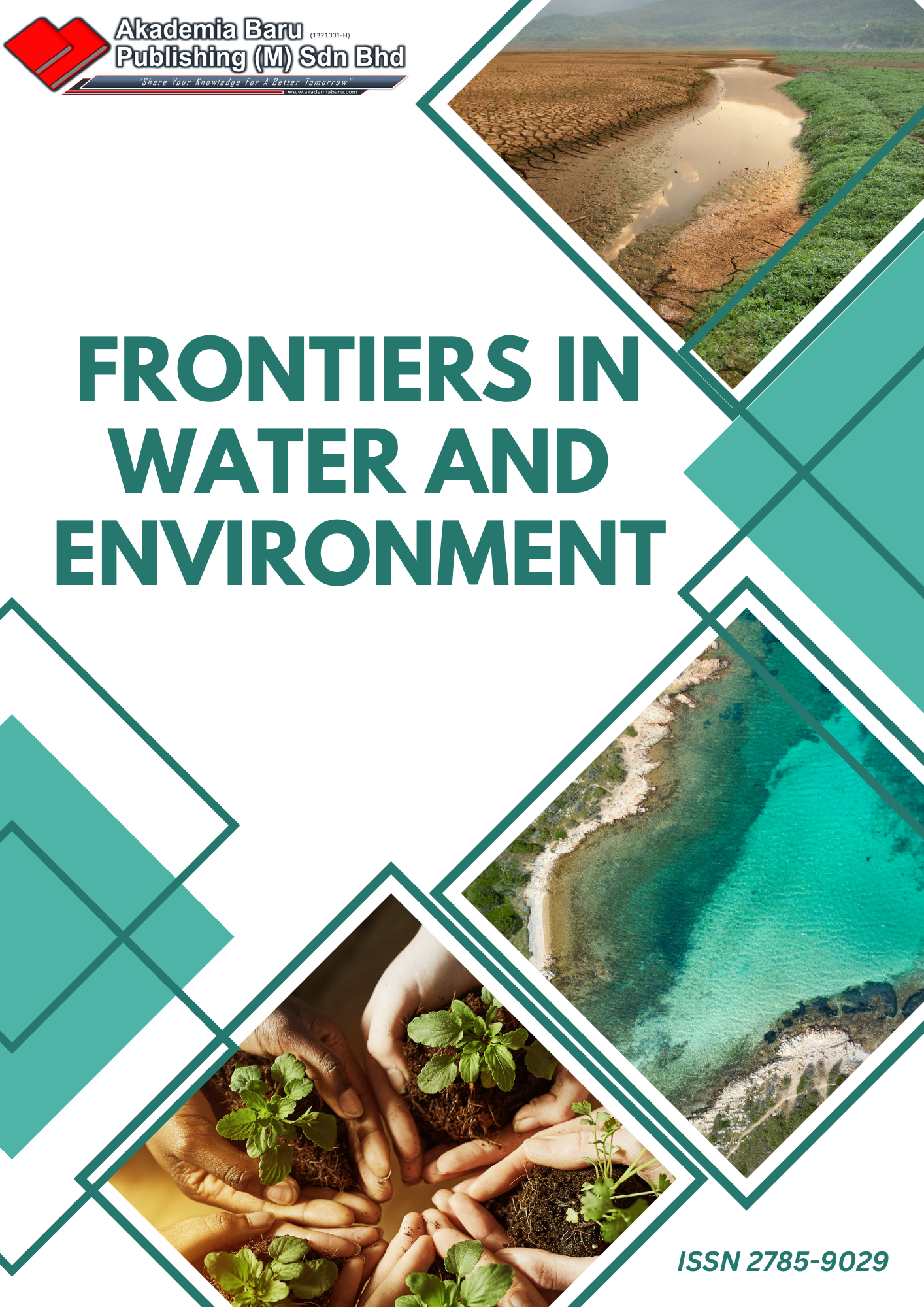Overview of Clinical Waste Management in Malaysia
Keywords:
Environmental pollution, waste management, clinical waste, incineration, landfillingAbstract
Clinical waste management system in Malaysia was established in 1980 after the emergence of HIV. Ministry of Health of Malaysia and the Department of Environment Malaysia have revised the current policies and guidelines to control infectious disease and handling clinical waste. The clinical waste management services are managed by private consortiums under the supervision of the government according to the Scheduled Waste Regulation 2005. The disposal method through incineration process turns the clinical waste into ash and disposed of at the approved landfill site. Malaysia also practicing recycling and recovery of non-infectious clinical waste to reduce the cost and minimize waste generation. However, clinical waste management became an issue due to the outbreak of COVID-19 in December 2019 posing a serious impact on all parts of society. The waste generated sharply increased with the quantity demanded disposal gloves, face masks, etc in the hospital. Incinerate clinical waste destroys the pathogen effectively, reduces the chance of transmission disease and yet potentially releasing secondary pollutants of gas emission and required landfill site for final disposal. Landfilling is not a sustainable and long-term solution because of the toxic leachate and greenhouse gas emission as well as the limited land in the future.










